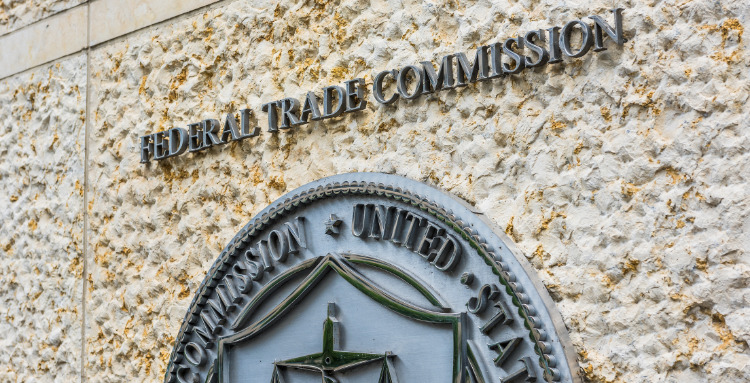FTC Proposes Noncompete Ban

The Federal Trade Commission proposed a new rule Jan. 5 banning employers from using noncompete agreements.
The rule, if adopted, will also rescind existing noncompete agreements.
The FTC’s proposal echoes legislation lawmakers repeatedly tried to enact in Connecticut, that fell short.
FTC officials said the proposed rule is based on a preliminary finding that noncompetes violate the Federal Trade Commission Act because they constitute an unfair method of competition.
If adopted, the rule will make it illegal for an employer to enter into, or attempt to enter into a noncompete with a worker, maintain a noncompete with a worker, or represent that a worker is subject to a noncompete under certain circumstances.
Business Implications
FTC officials said the rule will apply to independent contractors and anyone who works for an employer whether they collect a paycheck or not.
It would generally not apply to other types of employment restrictions, like non-disclosure agreements, according to the FTC.
Agency officials estimated the proposed rule could increase wages by nearly $300 billion annually and expand career opportunities for about 30 million Americans.
The U.S. Chamber of Commerce called the FTC’s proposal “blatantly unlawful.”
Business leaders said it could cause great economic harm, by putting trade secrets and proprietary information at risk.
The U.S. Chamber of Commerce said the FTC’s proposal to “outright ban noncompete clauses in all employer contracts is blatantly unlawful.”
“Since the agency’s creation over 100 years ago, Congress has never delegated the FTC anything close to the authority it would need to promulgate such a competition rule,” chamber vice president Sean Heather said in a statement.
“Attempting to ban noncompete clauses in all employment circumstances overturns well-established state laws which have long governed their use and ignores the fact that, when appropriately used, noncompete agreements are an important tool in fostering innovation and preserving competition.”
Connecticut Legislation
Connecticut business advocates have successfully opposed similar proposals in the state legislature in recent years.
During the 2022 legislative session, lawmakers introduced legislation invalidating noncompete clauses for non-exempt employees, exempt workers earning not less than three times the minimum wage, and independent contractors earning less than five times the minimum wage.
“Noncompete agreements, and to a lesser extent, exclusivity agreements, provide critical protections for many industries,” CBIA’s Eric Gjede told the legislature’s Labor and Public Employees Committee last March.
“Noncompete agreements are critical to preventing economic harm caused by the loss of a business’ most important assets.”
CBIA’s Eric Gjede
“These agreements are already highly restricted to protect employees and are critical to preventing economic harm caused by the loss of a business’ most important assets.”
Employers and the general public can submit comments on the proposal for 60 days after it is published in the Federal Register.
The rule would take effect 180 days after the final version is published, although it is likely to face a number of legal challenges.
RELATED
EXPLORE BY CATEGORY
Stay Connected with CBIA News Digests
The latest news and information delivered directly to your inbox.


